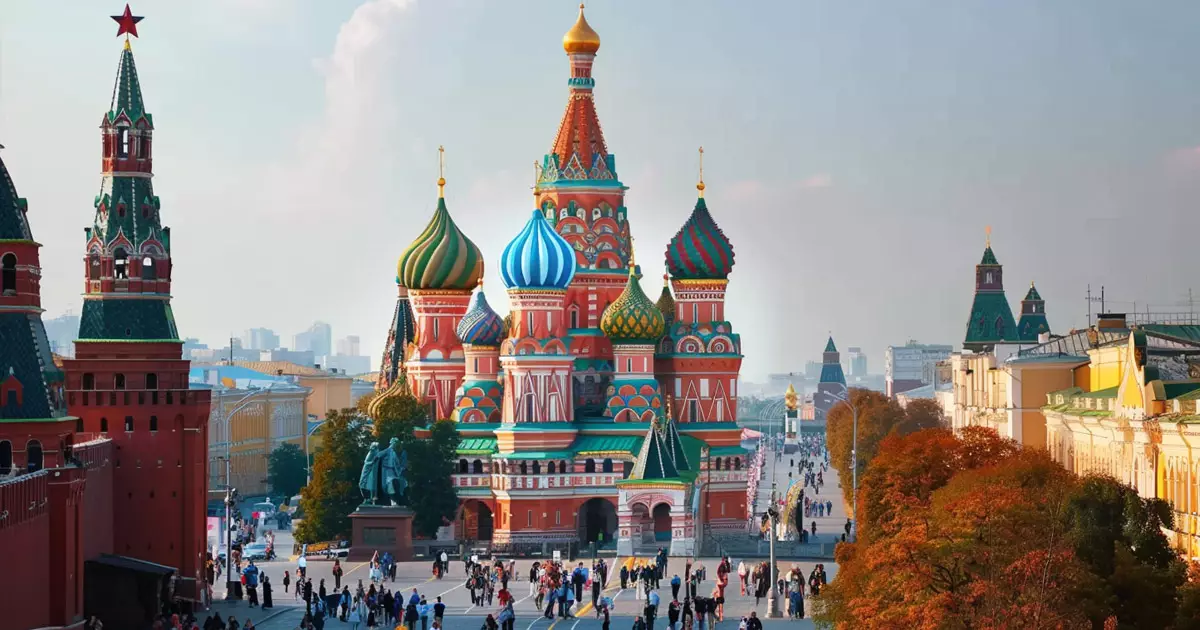Russia’s Ministry of Finance recently proposed a new approach to digital asset trading by allowing traditional exchanges to handle such transactions for select investors. This proposal, outlined in a government draft response to two pieces of regulation, suggests creating special regulations specifically for conducting organized trading in digital currency, treating it as a commodity, and requiring an exchange license or a trading system license to engage in such activities.
The proposal limits access to these licenses to a “limited circle of particularly qualified investors” without clearly defining the qualification criteria. This move aims to ensure that only experienced and knowledgeable individuals or entities are involved in digital asset trading to mitigate risks and maintain market stability.
According to reports, the Russian Central Bank’s register of licenses of exchanges and trading systems currently includes seven companies that could potentially engage in digital asset trading. These include well-known entities like Moscow Exchange, St. Petersburg Exchange, and others. It is believed that these exchanges are already equipped to handle crypto flows and could quickly adapt to the new regulations.
In addition to the proposed exchange regulations, the government response also addresses other aspects of the crypto industry, such as mining regulation and experimental legal frameworks for crypto settlements. Prime Minister Mikhail Mishustin has instructed the Ministry of Finance, the central bank, and other relevant entities to collaborate on creating an international crypto payment mechanism by 2022. This initiative demonstrates Russia’s commitment to embracing digital assets and exploring their potential benefits.
The latest draft response not only recognizes digital currencies as a legitimate form of currency but also paves the way for foreign exchange transactions involving digital assets. This development could lead to the use of digital currencies as a means of payment in international trade agreements. Furthermore, Russia is considering the legalization of stablecoin use for international payments and is actively exploring the implementation of central bank digital currencies (CBDCs).
Russia’s evolving stance on digital asset trading reflects a broader trend towards embracing financial innovation and adapting to the digital age. By creating specialized regulations, expanding market access to qualified investors, and exploring new payment mechanisms, Russia is positioning itself at the forefront of the digital economy.















